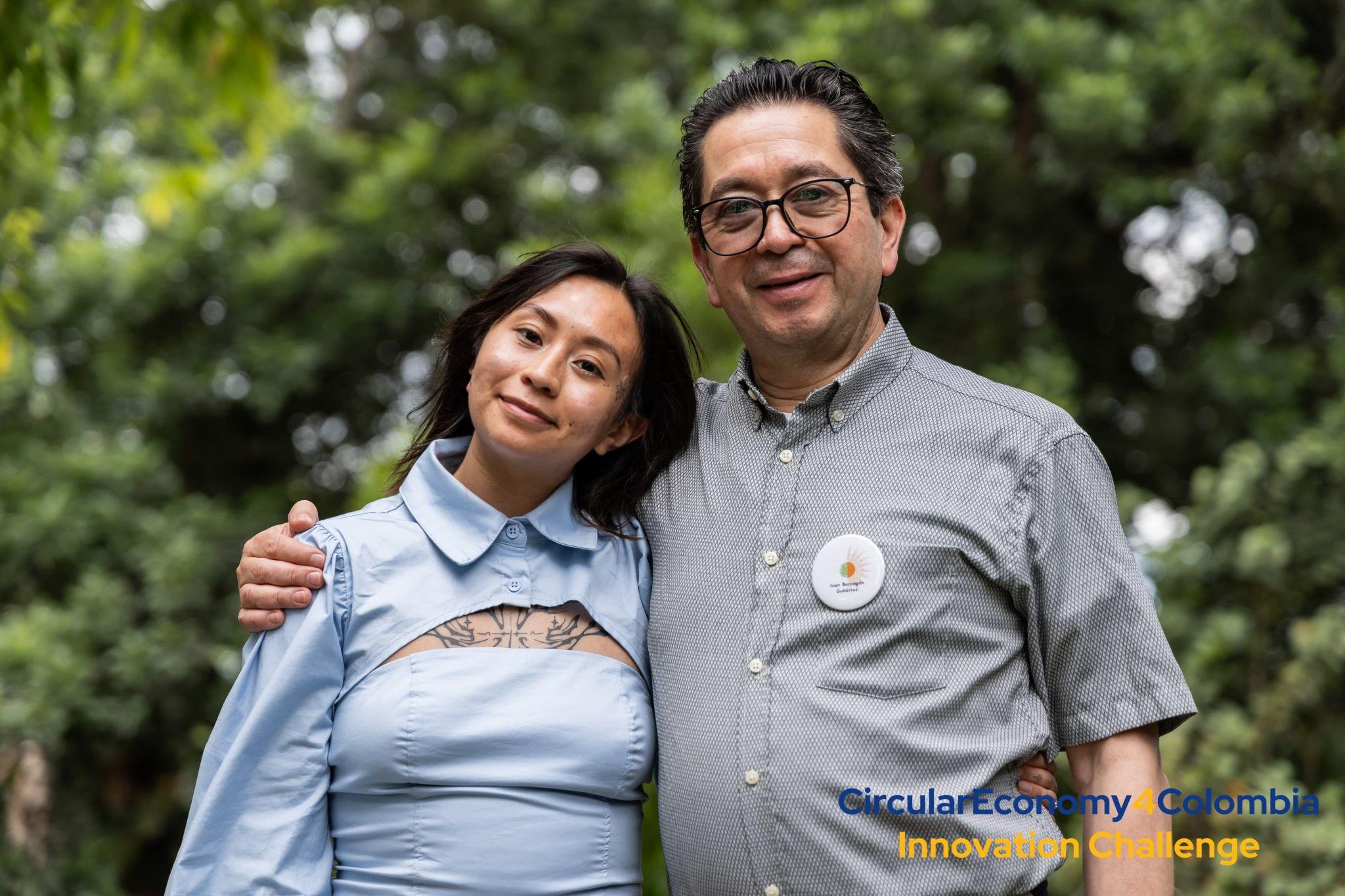Problem and Solution
Landfills are an overused and expensive solution for the disposal of organic waste, with 95% of Colombia’s waste going directly to landfills. This leads to a strain on, and the eventual collapse, of existing landfills, and creates unsanitary conditions for local communities. At the same time, organic waste is being created in large quantities from agricultural activities, with a lost opportunity to use these raw materials for valuable outputs.
BioTermica Innovación uses deep technical expertise to provide mobile biorefineries that transform organic waste at the source. The company offers modular ‘as a service’ biorefineries for smaller food producers and municipalities, enabling the uptake of new technologies in hard-to-enter markets. These biorefineries come in varying sizes and are also offered as larger turnkey models for industrial clients that can be bought upfront. Organic waste can be transformed into valuable biochar, bio-oil and syngas, both for on- and off-farm use, providing an additional revenue stream for BioTermica Innovación.
Climate and Nature Impact
BioTermica Innovación’s process of converting waste into carbon-sequestering soil amendments (biochar), renewable energy (syngas), and sustainable agro-inputs (bio-oil) fosters climate resilience, energy transition, and circular economy solutions. By transforming residual biomass into biochar, bio-oil, and syngas at source, it reduces dependency on landfills and subsequent methane emissions. For each plant with a processing capacity of 1 ton/day, a minimum of 737 kgCO2e is captured.
Their technology also enhances soil fertility, reduces post-harvest losses, and can provide decentralized energy alternatives, driving both environmental impact and socio-economic benefits. The company is currently also assessing the feasibility of issuing carbon credits through their work with coffee crops.
